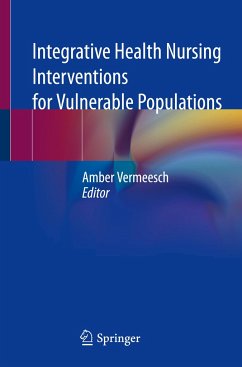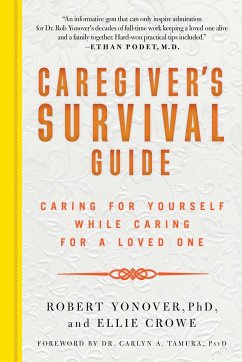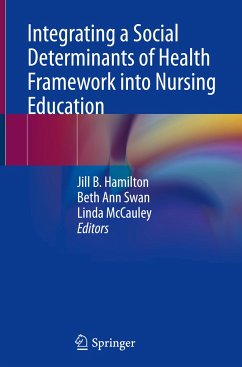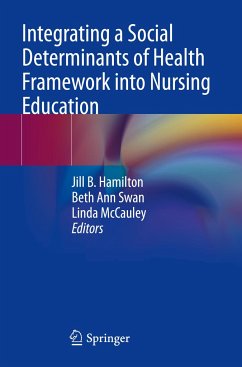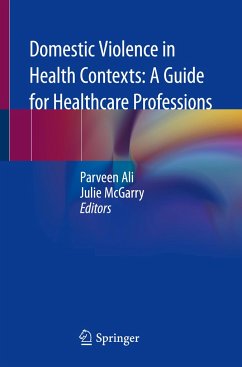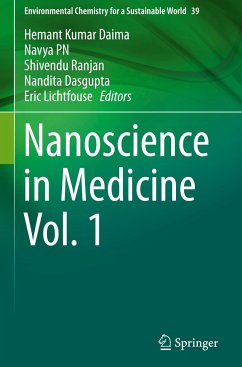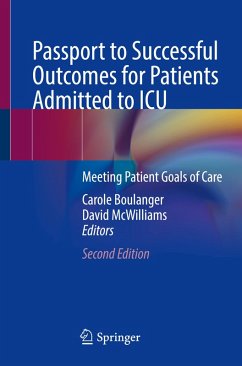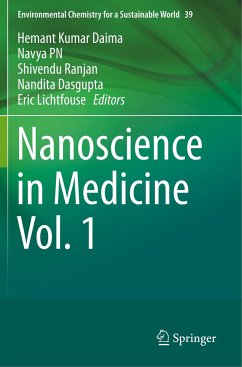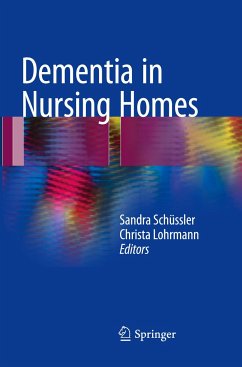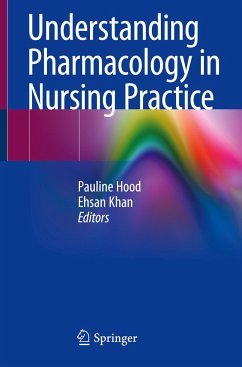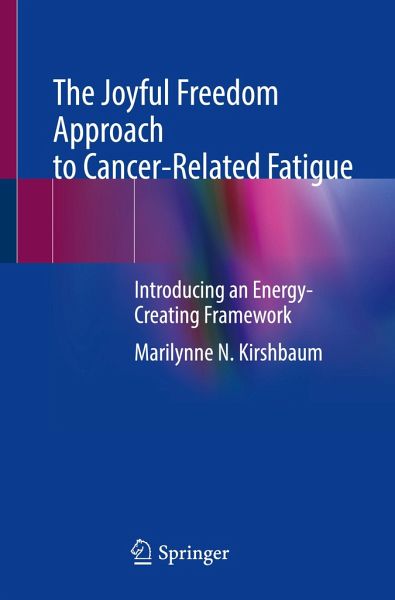
The Joyful Freedom Approach to Cancer-Related Fatigue
Introducing an Energy-Creating Framework

PAYBACK Punkte
23 °P sammeln!
The book introduces The Joyful Freedom Approach, as a strategy for recovery from fatigue. It was initially developed through a series of research studies inspired initially by women who had breast cancer and were troubled by ongoing cancer-related fatigue. The integrated, holistic approach has scope for supporting individuals who have experienced energy depletion not just due to cancer and its treatments, but also in relation to other illnesses, conditions or distressing life events.The approach is aimed at helping people to discover what they can do to energise their lives following an event ...
The book introduces The Joyful Freedom Approach, as a strategy for recovery from fatigue. It was initially developed through a series of research studies inspired initially by women who had breast cancer and were troubled by ongoing cancer-related fatigue. The integrated, holistic approach has scope for supporting individuals who have experienced energy depletion not just due to cancer and its treatments, but also in relation to other illnesses, conditions or distressing life events.
The approach is aimed at helping people to discover what they can do to energise their lives following an event such as cancer that has left them lacking vitality, wellness or a sense of direction and clarity about how to live life fully. Research has culminated in identifying five attributes of energy restorative activities; these are represented by the Energy Restoration Framework. The attributes of Purposeful Expanding, Connecting/Belonging, Awe-inspiring and Nourishing act asheadings for discussion, planning and integration into an individual's recovery and beyond.
The book is organised into three parts and subdivided into chapters. Part One contains the chapters of: The Inspiration, The Challenge and the Resolution. These first chapters offer the reader a gateway to the Joyful Freedom Approach starting with a narrative that starts from nursing practice and discovering energy-fields, through to the foundations and detail surrounding evidence-based research on cancer-related fatigue and possible interventions. Part Two consists of chapters that serve to place the energy-creating framework in context: Philosophy and Theory; Evidence for Change and Research in Practice. Here, the influential Attention Restorative Theory of Professor Stephen Kaplan, an environmental psychologist, is introduced. The discussion then progresses onto the adaptation of Kaplan's theory to the cancer care and illness context. Part Three provides an overview and representation of The Energy Restoration Framework leading to the emergence of the Joyful Freedom Approach. The book concludes with a discussion of how theory and practice can be brought together and applied using The Joyful Freedom Approach.
The book is aimed at health care practitioners who are engaged with counselling people through distressing life events. This would include nurses, medical doctors, social workers or occupational therapists who work with individuals who are recovering from illnesses or surgery, or mental health practitioners who help their clients to regain control and navigate through distressing life events. The book offers practitioners and therapists an evidenced-based template that is versatile and adaptable to meet the needs of a varied range of clients.
The approach is aimed at helping people to discover what they can do to energise their lives following an event such as cancer that has left them lacking vitality, wellness or a sense of direction and clarity about how to live life fully. Research has culminated in identifying five attributes of energy restorative activities; these are represented by the Energy Restoration Framework. The attributes of Purposeful Expanding, Connecting/Belonging, Awe-inspiring and Nourishing act asheadings for discussion, planning and integration into an individual's recovery and beyond.
The book is organised into three parts and subdivided into chapters. Part One contains the chapters of: The Inspiration, The Challenge and the Resolution. These first chapters offer the reader a gateway to the Joyful Freedom Approach starting with a narrative that starts from nursing practice and discovering energy-fields, through to the foundations and detail surrounding evidence-based research on cancer-related fatigue and possible interventions. Part Two consists of chapters that serve to place the energy-creating framework in context: Philosophy and Theory; Evidence for Change and Research in Practice. Here, the influential Attention Restorative Theory of Professor Stephen Kaplan, an environmental psychologist, is introduced. The discussion then progresses onto the adaptation of Kaplan's theory to the cancer care and illness context. Part Three provides an overview and representation of The Energy Restoration Framework leading to the emergence of the Joyful Freedom Approach. The book concludes with a discussion of how theory and practice can be brought together and applied using The Joyful Freedom Approach.
The book is aimed at health care practitioners who are engaged with counselling people through distressing life events. This would include nurses, medical doctors, social workers or occupational therapists who work with individuals who are recovering from illnesses or surgery, or mental health practitioners who help their clients to regain control and navigate through distressing life events. The book offers practitioners and therapists an evidenced-based template that is versatile and adaptable to meet the needs of a varied range of clients.



